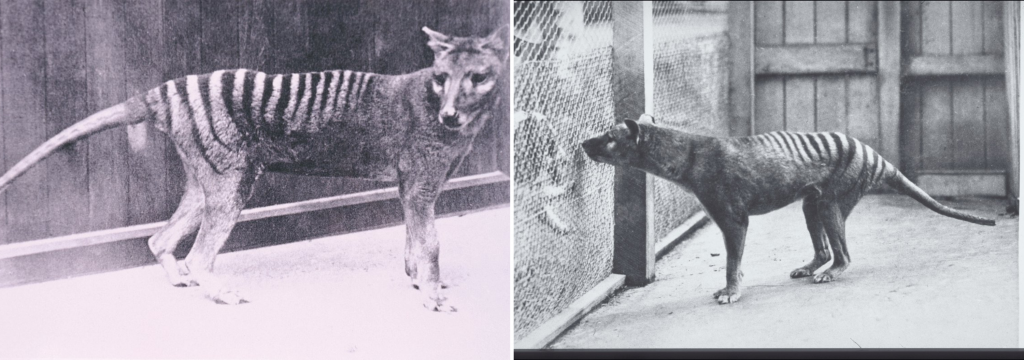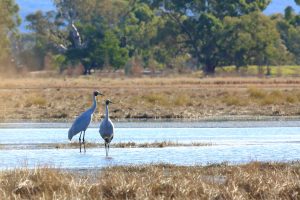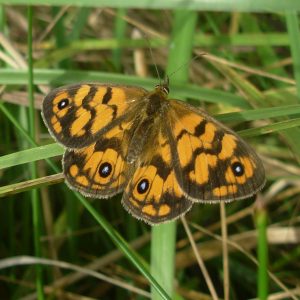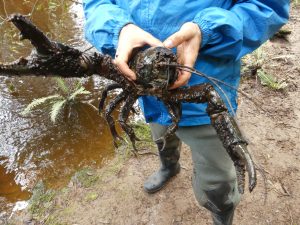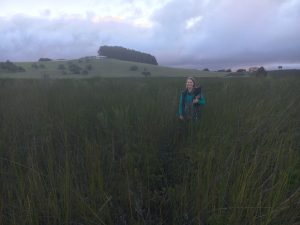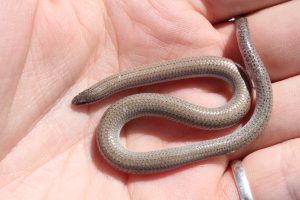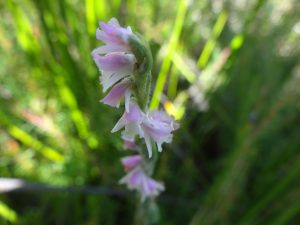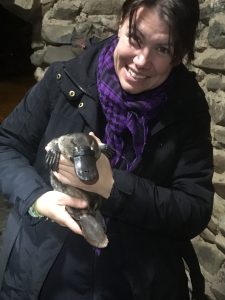A time for reflection on National Threatened Species Day 2019
National Threatened Species Day is celebrated annually on the 7th September to commemorate the death of the last Tasmanian Tiger (Thylacine) in Hobart in 1936. Although the origin of National Threatened Species Day is sad and gloomy, it is a good time to reflect on how far we have come in our respect and love for nature, and to celebrate the work being done!
The greatest threats come from habitat loss, introduced non-native species such as cats, rabbits, foxes and weeds, disease and climate change. To date, 54 fauna species and 37 flora species are listed as extinct under the Australian Environment Protection and Biodiversity Conservation Act 1999. An additional 454 fauna and 1,336 flora species are listed as critically endangered, endangered or vulnerable. It is unknown how many invertebrate and insect species have gone extinct, since many insect species are still being discovered by science. These small “invisible” species are key indicators of healthy ecosystems.
Much of NGT’s work revolves around protecting threatened species:
- Mount Burr Swamp Restoration Reserve aims to restore habitat for six national threatened species: Little Galaxias, Growling Grass Frog, Australasian Bittern, Southern Brown Bandicoot, Red-tailed Black Cockatoo and the Southern Bent-wing Bat.
- Orange-bellied Parrot Recovery Program
- Avenue Cassinia protection
- Southern Brown Bandicoot Surveys
- Eared Worm-lizard (Aprasia aurita) annual monitoring program
- Fleureiu Peninsula wetland restoration
- Silver Xenica butterfly translocation
- Glenelg Spiny Crayfish monitoring
… plus many more!
If you are wondering how you can play a role in protecting our native species, there are many ways you can get involved in our projects! Our next event is a revegetation planting day at Mount Burr Swamp on Friday 20th September. For more information click here or send us an email.
Other ways your can help our native species:
- Add native plants to your garden to provide food and habitat for our birds, butterflies, insects, small mammals and reptiles
- Responsibly dispose of garden waste to stop the spread of weeds
- Keep your cats inside at night time
- Care for our bushland by not leaving rubbish and unattended campfires
- Minimise use of pesticides and herbicides.
Enjoy some of the NGT staff’s favourite threatened species:
- Senior Ecologist Greg: Brolgas (Antigone rubicunda) at Walker Swamp
- An example of a species under threat of extinction – Bright-eyed Brown butterfly (Heteronympha cordace wilsonii), only know of one small population in SA in the far south-east of state.
- Ecologist Jodie: Giant Freshwater Crayfish (Astacopsis gouldi)
- Senior Wetland Ecologist Ben: Tessa standing in the nationally critically endangered Fleurieu Peninsula Swamp ecological community
- Ecologist Lu-Wei: Eared Worm-lizard (Aprasia aurita)
- Wetland Ecologist Tessa: Ladies Tresses Orchid (Spiranthes australis)
- Program Coordinator Nicole: Platypus (Ornithorhynchus anatinus)

